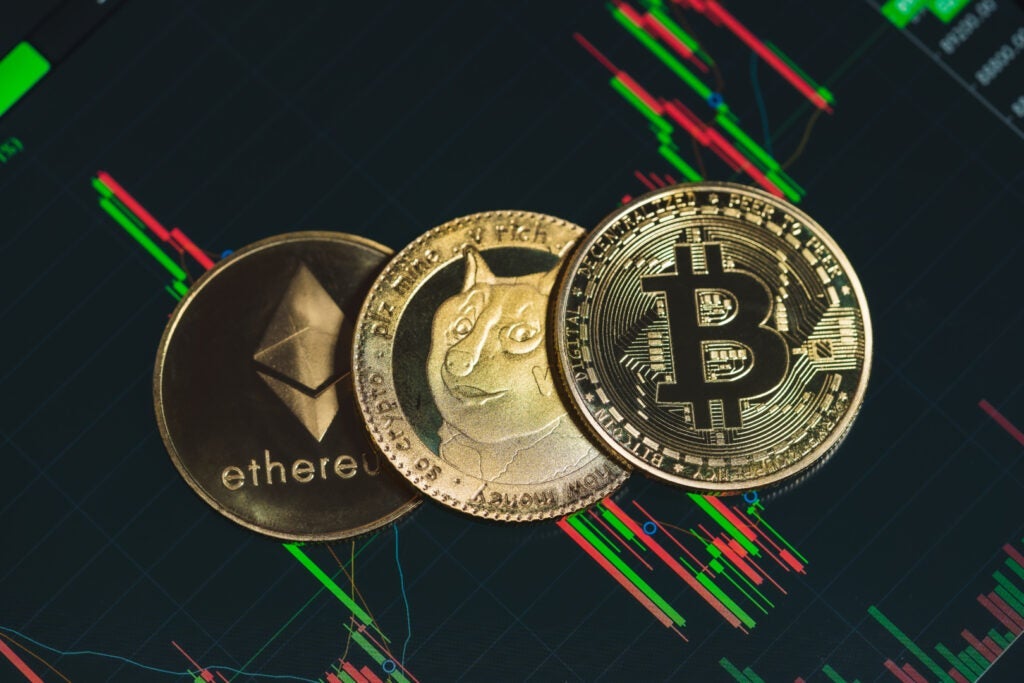- Boeing sweetens labor proposal in 'best and final' offer as strike enters second week
- Water-free manufacturing approach could help advance 2D electronics integration
- Graphene at 20: Still no sign of the promised space elevator, but the material is quietly changing the world
- Novel computational method addresses obstacles in phonon-based heat simulation
- Elucidating the process of smart livestock technology adoption by farmers in Japan
1. Lock in a high-yield savings rate
Since rates on online savings accounts, money market accounts and certificates of deposit are all poised to go down, experts say this is the time to lock in some of the highest returns in decades. For now, top-yielding online savings accounts are paying more than 5% — well above the rate of inflation. Although those rates will fall once the central bank lowers its benchmark, a typical saver with about $8,000 in a checking or savings account could earn an additional $200 a year by moving that money into a high-yield account that earns an interest rate of 2.5% or more, according to a recent survey by Santander Bank in June. The majority of Americans keep their savings in traditional accounts, Santander found, which FDIC data shows are currently paying 0.45%, on average. Alternatively, "now is a great time to lock in the most competitive CD yields at a level that is well ahead of targeted inflation," said Greg McBride, chief financial analyst at Bankrate.com. "There is no sense in holding out for better returns later." Currently, a top-yielding one-year CD pays more than 5.3%, according to Bankrate, as good as a high-yield savings account.
2. Pay down credit card debt
With a rate cut, the prime rate lowers, too, and the interest rates on variable-rate debt — most notably credit cards — are likely to follow, reducing your monthly payments. But even then, APRs will only ease off extremely high levels. For example, the average interest rate on a new credit card today is nearly 25%, according to LendingTree data. At that rate, if you pay $250 per month on a card with a $5,000 balance, it will cost you more than $1,500 in interest and take 27 months to pay off. If the central bank cuts rates by a quarter point, you'll save $21 and be able to pay off the balance one month faster. "That's not nothing, but it is far less than what you could save with a 0% balance transfer credit card," said Matt Schulz, chief credit analyst at LendingTree. Rather than wait for a small adjustment in the months ahead, borrowers could switch now to a zero-interest balance transfer credit card or consolidate and pay off high-interest credit cards with a personal loan, Tayne said.
3. Consider the right time to finance a big purchase













